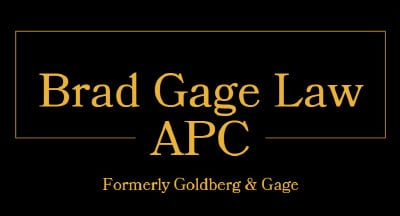Everyone in the United States benefits from the legal protection of freedom of religion. Americans have the right to believe what they choose without the government or their employers treating them differently because of their faith. Yet, this does not mean that this right is treated with the respect it deserves by all individuals and entities. Infringing on someone’s rights via discriminatory treatment is, unfortunately, not uncommon.
Different cultures, religions and nationalities mingling is a big part of what makes the United States so diverse and culturally unique. Unfortunately, the melting pot concept is more of an ideal than a reflection of the current state of affairs in the United States. For example, many individuals experience discrimination at work because of their protected religious beliefs.
Workers need to be able to identify religious discrimination if they hope to fight back when it occurs. These are two of the most common – and broadest – forms of religious discrimination that occur in the workplace.
1. Discrimination due to belonging to a specific religion
Some employers will treat workers differently when they realize they belong to a particular religion. They may have employees of multiple faiths at the company but may have a negative attitude toward one religion in particular.
Discrimination against adherents of the Jewish faith and also Muslims is relatively common in modern workplaces. People may make jokes that someone’s expense by targeting their face or may treat someone differently after learning about their religion. Additionally, the organization may intentionally refuse to accommodate someone’s religious observances even when the company has the ability to do so.
2. Discrimination due to not belonging to a specific religion
Sometimes, if the company culture has thus far led to only hiring people from one particular religion, then someone who doesn’t belong to that faith might experience a hostile work environment or discrimination that limits their upward mobility at the company.
A member of a different religion at a company run by a family that belongs to a particular denomination or someone who admits to being an atheist when coworkers ask them about their religion could face mistreatment or a reduction in opportunities when the fact that they don’t belong to the same religion as many coworkers becomes common knowledge.
Religious discrimination is unfair in almost all places of employment. With the exception of organizations structured around the specific faith, like churches and religious educational institutions, most employers cannot consider someone’s religious faith or lack thereof when making decisions about who to hire or promote.
Pushing back against religious discrimination with the assistance of an experienced legal professional can help to eliminate one of the more insidious forms of discrimination that affect modern workers.
